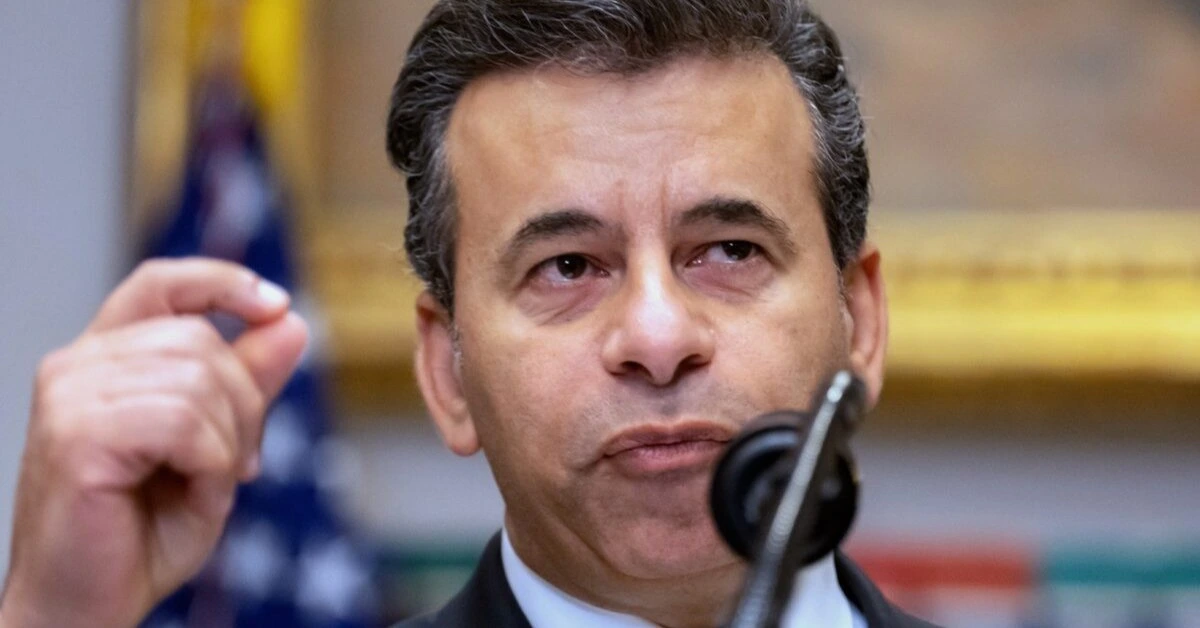
USA – The Trump administration has introduced a new policy that restricts access to updated COVID-19 vaccines this fall, focusing only on seniors and individuals with high-risk health conditions.
This change raises concerns about whether healthy adults who want the shot will still be able to get it.
According to new guidance published by the FDA in the New England Journal of Medicine, the agency will continue to fast-track vaccines for people aged 65 and older, as well as children and adults with underlying health risks.
However, vaccine makers will now need to conduct large clinical trials before receiving approval to offer updated shots to healthier populations.
This marks a major shift from the previous approach, where the federal government recommended annual COVID-19 shots for nearly everyone over six months of age. Now, only about 100 million Americans are expected to be eligible under the updated guidance.
Dr. Vinay Prasad, the FDA’s new top vaccine official, described the strategy as a balanced move. He emphasized the need for more data to confirm if additional booster doses benefit younger, healthier individuals.
“For many Americans, we simply don’t know whether they should be getting their seventh or eighth booster,” he said.
The new policy has led to confusion. It’s unclear how pharmacists or healthcare providers will determine who qualifies for the shot.
Dr. Paul Offit from the Children’s Hospital of Philadelphia warned that this could make vaccines harder to access and less likely to be covered by insurance.
The American Academy of Pediatrics also voiced concern, saying the policy limits families’ ability to protect their children, especially those already facing healthcare access challenges.
Data from the CDC shows that more than 47,000 Americans died from COVID-related causes last year.
Among them were 231 children, with the virus being the direct cause in 134 cases, numbers comparable to flu-related deaths in kids.
The policy shift follows a trend of increasing vaccine scrutiny under Health Secretary Robert F. Kennedy Jr.
The FDA’s decision to publish this guidance directly in a medical journal–bypassing traditional public comment procedures–has drawn criticism from regulatory experts.
This new direction also follows the FDA’s recent approval of Novavax’s COVID-19 vaccine, which came with strict usage limits.
Pfizer and Moderna, the primary producers of COVID-19 vaccines, say they’ll continue working with the FDA despite the changes.
For years, U.S. officials promised yearly COVID-19 updates, much like the flu shot. But under this new framework, that policy is effectively ending.
Dr. Prasad and FDA Commissioner Marty Makary said the agency now favors a targeted approach, like those in Europe, which base booster recommendations on age and risk level.
The FDA will now ask manufacturers to test vaccines in healthy people aged 50–64 through clinical trials.
These studies must compare vaccinated individuals to those receiving a placebo, tracking severe illness, hospitalizations, and deaths. If major virus mutations occur in the future, similar trials could become the norm before vaccine approval.
Although companies are still free to seek vaccine approval for younger people, the current policy casts doubt on how many will qualify or be able to afford a shot.
An upcoming CDC advisory panel meeting in June is expected to revisit which groups should receive vaccine recommendations, but critics argue the FDA has already made that call.
XRP HEALTHCARE L.L.C | License Number: 2312867.01 | Dubai | © Copyright 2025 | All Rights Reserved